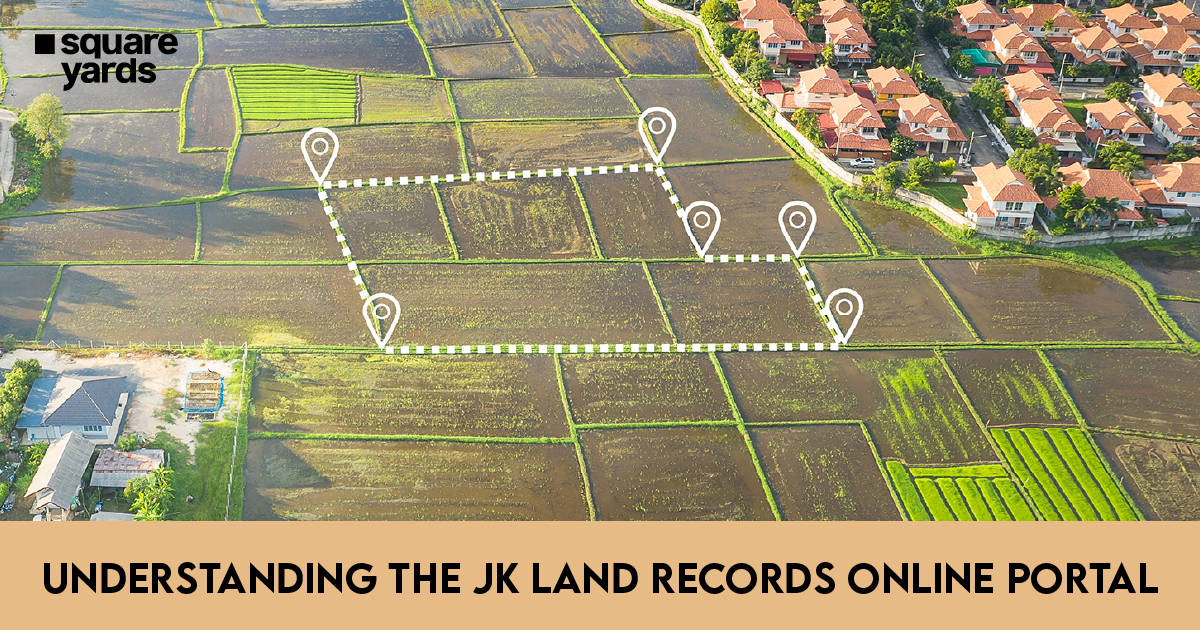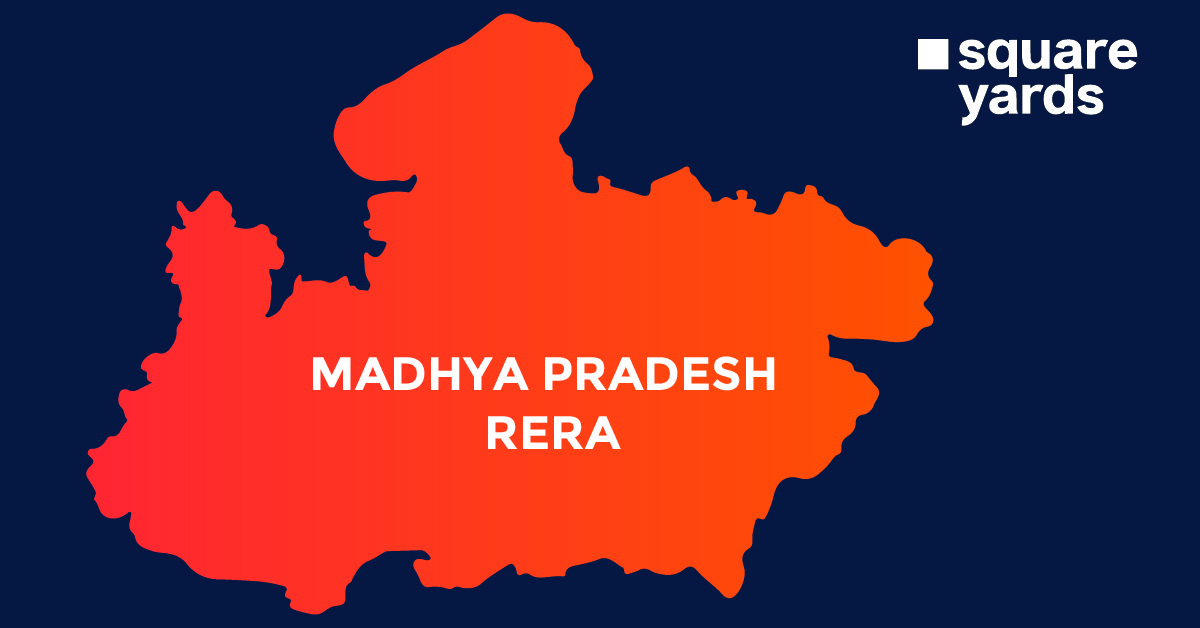Units of measurement play a vital role in our lives. It helps to quantify and find out the value of various physical quantities. They act as a reliable means to communicate while shopping and cooking. For the accuracy of ingredients, we use these units of measurement in our daily lives. If you’re unaware of how to convert ounces to pounds and how these concepts work, calculating or converting the weight of items can feel like a stressful job.
To alleviate this stress, we have curated a blog dedicated to converting between ounces and pounds. This blog provides a simple formula to help you obtain quick and precise results. Here, you can learn everything you need to know about converting oz to lbs.
Table of contents
What is Ounces?
Ounces is a unit of mass that is commonly used in many parts of the world. Ounces are not part of the metric system of measurement. It is a part of the imperial system popularly used in the United States, Britain and other countries. The abbreviation of an ounce is oz and 1 oz in a pound is 0.0625 pounds.
Use of Ounces
There are different types of ounces, like the avoirdupois ounce and the Troy ounce. The most commonly used ounce form is the avoirdupois, which measures items like drinks and food. On the other hand, the Troy ounce is used to measure metals like gold and silver. Ounces are nowadays used to measure small quantities of a product like spices, liquids or medication. It is also used to measure packaged foods and the areal density of fabric and paper.
History of Ounces
The word ounce comes from the Latin word ‘Uncia’, which means one-twelfth. The standard embodiment of the Roman foot consisted of pounds and was divided into 12 equal parts called uncia. The abbreviation oz originated from the Italian term ‘onza’. The avoirdupois was introduced in the 14th century, whereas the Troy ounce was popular in the 13th century.
What is Pounds?
Just like Ounces, Pound is also a unit of measurement used to measure weight. Unlike ounces, the pound is part of a different measurement system called the Imperial system and is a Non-SI unit. It is primarily used in specific fields in areas like the United Kingdom and other Commonwealth countries like Canada, Australia and South Africa. The abbreviation of pound is ‘lbs’, and one pound equals to 16 ounces.
Use of Pounds
The pound is used as a unit to measure the weight of different things. In the 14th century, it was used to measure metals like gold and silver; during the 16th century, it was used to measure food and textiles. A pound is commonly used to measure body weight, everyday items, animals and food portions.
History of Pounds
The unit of measurement, the pound, has a history that dates back to ancient civilisations. During the Roman period, it was described as weighing 12 Roman ounces. It originated from the Latin word ‘libra’. Libra was used as a unit of weight for trade and commerce during Roman times. A Pound is considered equal to 16 ounces, and this standard weight was introduced in medieval Europe. Eventually, the British adopted the system, and it became popular in other countries.
Correlation Between Ounces and Pounds
Ounces and Pounds are the units of measuring weight. But both units belong to the same system of measurement. Ounces and Pounds are both a part of the imperial system.
1 pound = 16 ounces and 1 ounce = 0.0625 pounds. This means that the pound is heavier than ounces, with multiple ounces in one pound.
How to Convert Ounces to Pounds?
Now that you know the relationship between ounces and pounds, it is time to learn how to convert oz to lbs.
Remember that there is 16 oz in a pound. Now you can easily do the ounce to pounds conversion using the formula mentioned below:
1 Pound = 16 ounces
X oz = X ÷ 16
Where X is the value in Ounces.
Divide the given value in ounces by 16 to get the result. Using this formula will help you to find an accurate figure.
Ounces to Pounds Conversion: Formula & Examples
You already know the formula of Ounces to Pounds is as follows:
X oz = X / 16
Where X is the value in Ounces.
Formula and Examples on Ounces to Pound Conversion
For more clarity, let us take a look at some of these examples of how to use the formula:
Example 1: Convert 75 ounces to pounds:
75 / 16 = 4.6875 pounds
Therefore, 75 ounces is equivalent to 4.6875 pounds.
Example 2: Convert 100 ounces to pounds:
100 / 16 = 6.25 pounds
Therefore, 100 ounces is equivalent to 6.25 pounds.
Example 3: Convert 250 ounces to pounds:
250 / 16 = 15.625 pounds
Therefore, 250 ounces is equivalent to 15.625 pounds.
Example 4: Convert 300 ounces to pounds:
300 / 16 = 18.75 pounds
Therefore, 300 ounces is equivalent to 18.75 pounds.
Example 5: Convert 500 ounces to pounds:
500 / 16 = 31.25 pounds
Therefore, 500 ounces is equivalent to 31.25 pounds.
Example 6: Convert 750 ounces to pounds:
750 / 16 = 46.875 pounds
Therefore, 750 ounces is equivalent to 46.875 pounds.
Example 7: Convert 1000 ounces to pounds:
1000 / 16 = 62.5 pounds
Therefore, 1000 ounces is equivalent to 62.5 pounds.
Example 8: Convert 1500 ounces to pounds:
1500 / 16 = 93.75 pounds
Therefore, 1500 ounces is equivalent to 93.75 pounds.
Example 9: Convert 5000 ounces to pounds:
5000 / 16 = 312.5 pounds
Therefore, 5000 ounces is equivalent to 312.5 pounds
Example 10: Convert 20000 ounces to pounds:
20000 / 16 = 1250 pounds
Therefore, 20000 ounces is equivalent to 1250 pounds.
Ounces to Pounds: Conversion Table
Let’s take a look at the conversion table of Ounces to Pounds.
| Ounces [oz] | Pounds [lbs] |
| 1 oz | 0.0625 lbs |
| 2 oz | 0.125 lbs |
| 3 oz | 0.1875 lbs |
| 4 oz | 0.25 lbs |
| 5 oz | 0.3125 lbs |
| 6 oz | 0.375 lbs |
| 7 oz | 0.4375 lbs |
| 8 oz | 0.5 lbs |
| 9 oz | 0.5625 lbs |
| 10 oz | 0.625 lbs |
| 11 oz | 0.6875 lbs |
| 12 oz | 0.75 lbs |
| 13 oz | 0.8125 lbs |
| 14 oz | 0.875 lbs |
| 15 oz | 0.9375 lbs |
| 16 oz | 1 lbs |
| 17 oz | 1.0625 lbs |
| 18 oz | 1.125 lbs |
| 19 oz | 1.1875 lbs |
| 20 oz | 1.25 lbs |
| 21 oz | 1.3125 lbs |
| 22 oz | 1.375 lbs |
| 23 oz | 1.4375 lbs |
| 24 oz | 1.5 lbs |
| 25 oz | 1.5625 lbs |
| 26 oz | 1.625 lbs |
| 27 oz | 1.6875 lbs |
| 28 oz | 1.75 lbs |
| 29 oz | 1.8125 lbs |
| 30 oz | 1.875 lbs |
| 31 oz | 1.9375 lbs |
| 32 oz | 2 lbs |
| 33 oz | 2.0625 lbs |
| 34 oz | 2.125 lbs |
| 35 oz | 2.1875 lbs |
| 36 oz | 2.25 lbs |
| 37 oz | 2.3125 lbs |
| 38 oz | 2.375 lbs |
| 39 oz | 2.4375 lbs |
| 40 oz | 2.5 lbs |
| 41 oz | 2.5625 lbs |
| 42 oz | 2.625 lbs |
| 43 oz | 2.6875 lbs |
| 44 oz | 2.75 lbs |
| 45 oz | 2.8125 lbs |
| 46 oz | 2.875 lbs |
| 47 oz | 2.9375 lbs |
| 48 oz | 3 lbs |
| 49 oz | 3.0625 lbs |
| 50 oz | 3.125 lbs |
| 51 oz | 3.1875 lbs |
| 52 oz | 3.25 lbs |
| 53 oz | 3.3125 lbs |
| 54 oz | 3.375 lbs |
| 55 oz | 3.4375 lbs |
| 56 oz | 3.5 lbs |
| 57 oz | 3.5625 lbs |
| 58 oz | 3.625 lbs |
| 59 oz | 3.6875 lbs |
| 60 oz | 3.75 lbs |
| 61 oz | 3.8125 lbs |
| 62 oz | 3.875 lbs |
| 63 oz | 3.9375 lbs |
| 64 oz | 4 lbs |
| 65 oz | 4.0625 lbs |
| 66 oz | 4.125 lbs |
| 67 oz | 4.1875 lbs |
| 68 oz | 4.25 lbs |
| 69 oz | 4.3125 lbs |
| 70 oz | 4.375 lbs |
| 71 oz | 4.4375 lbs |
| 72 oz | 4.5 lbs |
| 73 oz | 4.5625 lbs |
| 74 oz | 4.625 lbs |
| 75 oz | 4.6875 lbs |
| 76 oz | 4.75 lbs |
| 77 oz | 4.8125 lbs |
| 78 oz | 4.875 lbs |
| 79 oz | 4.9375 lbs |
| 80 oz | 5 lbs |
| 81 oz | 5.0625 lbs |
| 82 oz | 5.125 lbs |
| 83 oz | 5.1875 lbs |
| 84 oz | 5.25 lbs |
| 85 oz | 5.3125 lbs |
| 86 oz | 5.375 lbs |
| 87 oz | 5.4375 lbs |
| 88 oz | 5.5 lbs |
| 89 oz | 5.5625 lbs |
| 90 oz | 5.625 lbs |
| 91 oz | 5.6875 lbs |
| 92 oz | 5.75 lbs |
| 93 oz | 5.8125 lbs |
| 94 oz | 5.875 lbs |
| 95 oz | 5.9375 lbs |
| 96 oz | 6 lbs |
| 97 oz | 6.0625 lbs |
| 98 oz | 6.125 lbs |
| 99 oz | 6.1875 lbs |
| 100 oz | 6.25 lbs |
Difference Between Ounces and Pounds
There are a few differences and similarities between the units of measurement. Take a look at the table below for more information:
| Comparison Parameters | Ounces [oz] | Pounds [lbs] |
| Unit of Measurement | Imperial | Imperial |
| Origin | It is derived from the Roman unit of weight called Uncia. | It is derived from the Roman unit of weight called Libra. |
| Relative Weight | Smaller | Larger |
| Conversion | 1 oz = 0.0625 lbs | 1 lbs = 16 oz |
| Common Use | Ounce is used for measuring ingredients like flour, sugar, etc. | Pound is used to measure larger items like seeds and fruits, by keeping it in a small bowl. |
You may also like:
FAQ’s about Ounces to Pounds
Q1. Does 16 oz equal to 1 lb?
Yes. There are 16 ounces in a pound.
Q2. Is 8 ounces equal to 1 pound?
No. When we divide 8 ounces by 16, we get 0.5 pounds which is half of a pound.
Q3. Are 12 ounces 1 pound?
No. 12 oz is not equal to 1 pound. One pound is equal to 16 oz. Therefore, 12 ounces is less than a pound.
Q4. Is 8 oz equal to half a pound?
Yes. 8 ounces equals 0.5 pounds which are half of 1 pound.
































